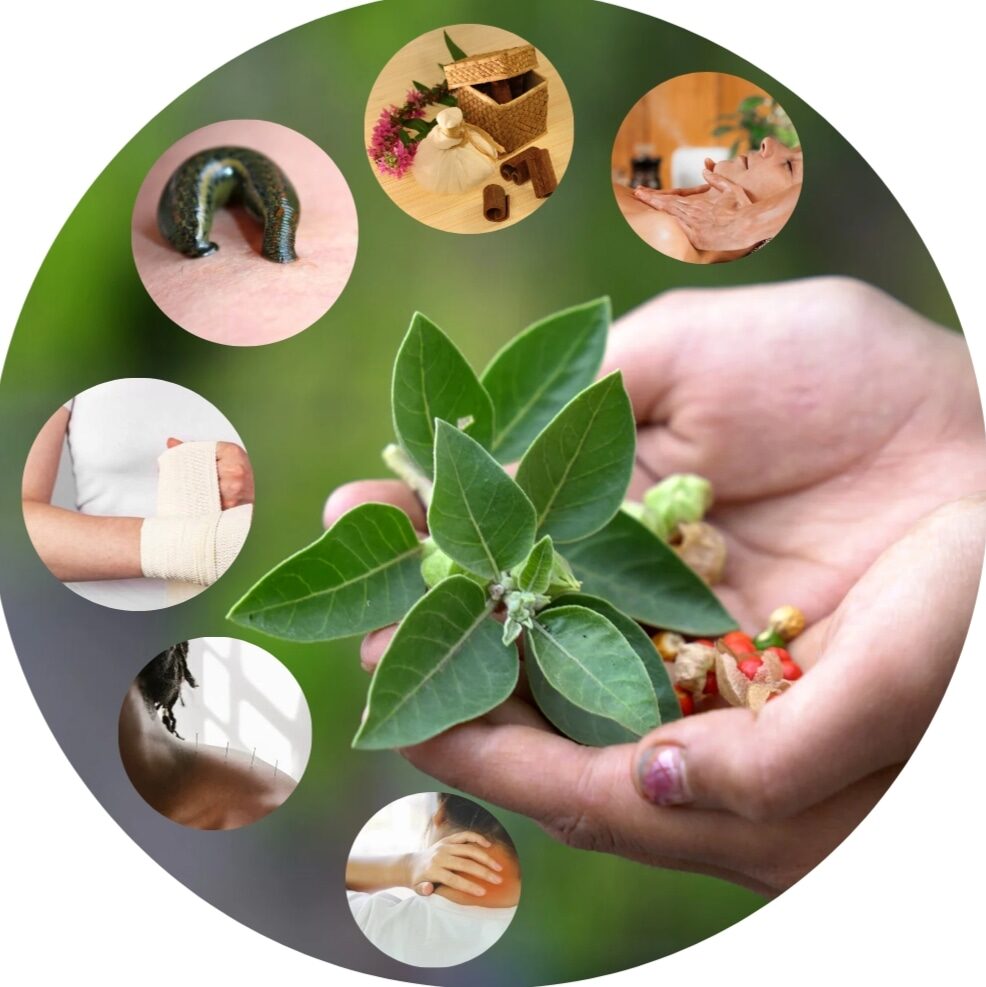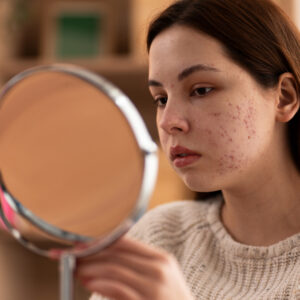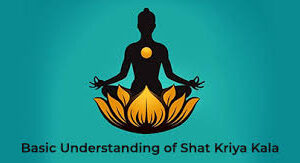Table of Contents
- Definition and Types of Arthritis
- Causes of Arthritis
- Symptoms of Arthritis
- Pathophysiology of Arthritis
- Diagnosis of Arthritis
- Treatment Approaches
- Prevention and Long-term Management
- Research and Advances
- Conclusion
- Read other articles
Arthritis is a broad term encompassing more than 100 different types of joint diseases and conditions. It is one of the leading causes of disability worldwide, characterized by inflammation, pain, stiffness, and swelling in the joints. This article explores arthritis from both classical (Ayurvedic) and modern perspectives, detailing its causes, types, treatments, and management strategies.
Definition and Types of Arthritis
Modern Classification
- Osteoarthritis (OA): Degenerative joint disease caused by the breakdown of cartilage.
- Rheumatoid Arthritis (RA): An autoimmune disorder causing systemic inflammation in joints.
- Psoriatic Arthritis: Associated with psoriasis, an autoimmune skin condition.
- Gout: Caused by uric acid crystal deposition in joints.
- Juvenile Arthritis: Affects children under 16, typically autoimmune in nature.
- Ankylosing Spondylitis: Involves spinal inflammation leading to stiffness and immobility.
Ayurvedic Classification
- Sandhivata: Corresponds to osteoarthritis, caused by Vata dosha imbalance.
- Amavata: Resembles rheumatoid arthritis, involving Ama (toxins) and Vata.
- Vatarakta: Analogous to gout, caused by Vata dosha and Rakta dhatu (blood) imbalance.
- Avabahuka: Affects shoulder joints, leading to immobility.
- Gridhrasi: Sciatica or nerve-related pain involving the hip and lower back.

Causes of Arthritis
Modern Perspective
- Genetic Factors: Family history of arthritis.
- Age: Cartilage degeneration with advancing age.
- Injury: Previous joint injuries can lead to arthritis.
- Obesity: Increased joint stress due to weight.
- Infections: Certain bacterial or viral infections can trigger joint inflammation.
- Autoimmune Response: Abnormal immune response attacking the body’s tissues.
Ayurvedic Perspective
- Imbalance of Doshas: Especially Vata dosha, leading to dryness and degeneration.
- Ama (Toxins): Accumulation due to improper digestion, leading to inflammation.
- Agni (Digestive Fire): Weak digestion is considered a root cause.
- Lifestyle Factors: Sedentary habits, overexertion, and improper diet.
Symptoms of Arthritis
- Pain and Tenderness: In joints, often worsened by movement.
- Stiffness: Particularly noticeable after periods of inactivity.
- Swelling: Due to inflammation or fluid accumulation.
- Reduced Mobility: Difficulty in performing daily activities.
- Deformity: Advanced stages may lead to joint deformities.
- Systemic Symptoms in RA: Fever, fatigue, and weight loss.
Pathophysiology of Arthritis
Modern View
- Osteoarthritis: Loss of cartilage, formation of bone spurs, and synovial inflammation.
- Rheumatoid Arthritis: Autoimmune destruction of synovial membrane leading to pannus formation.
- Gout: Hyperuricemia leading to urate crystal deposits.
Ayurvedic View
- Sandhivata: Dried-out joint lubrication due to aggravated Vata.
- Amavata: Ama obstructing Srotas (channels) and causing inflammation.
- Vatarakta: Vitiated Vata and Rakta causing severe pain and swelling.
Diagnosis of Arthritis
Modern Diagnosis
- Physical Examination: Assessing swelling, tenderness, and range of motion.
- Laboratory Tests:
- Rheumatoid factor (RF) and Anti-CCP for RA.
- Uric acid levels for gout.
- Imaging:
- X-rays to detect bone changes.
- MRI for soft tissue evaluation.
Ayurvedic Diagnosis
- Nidan Panchak: Comprehensive assessment of causative factors.
- Rogi Pariksha: Observing Prakriti (constitution), Ama presence, and dosha imbalances.
- Dashavidha Pariksha: Ten-fold examination including physical and psychological attributes.
Treatment Approaches
Modern Medicine
Medications:
- NSAIDs (Non-Steroidal Anti-Inflammatory Drugs): For pain and inflammation (e.g., Ibuprofen, Diclofenac).
- DMARDs (Disease-Modifying Antirheumatic Drugs): For autoimmune types like RA (e.g., Methotrexate).
- Biologics: Target specific immune pathways (e.g., Adalimumab).
- Corticosteroids: For acute inflammation (e.g., Prednisone).
Surgery:
- Joint replacement for severe OA.
- Arthroscopy to remove damaged tissue.

Ayurvedic Medicine
Herbal Formulations:
- Dashmool Kwath: Reduces inflammation and pain.
- Maharasnadi Kwath: Useful for chronic joint issues.
- Shallaki (Boswellia): Natural anti-inflammatory.
- Guggulu: Strengthens joints and reduces inflammation.
Classical Preparations:
- Yograj Guggulu: For Vata disorders.
- Simhanada Guggulu: For detoxifying and managing Amavata.
- Panchatikta Ghrita: Rejuvenates joints and reduces inflammation.
Therapies:
- Abhyanga (Massage): Using Mahanarayan Taila or Dhanvantaram Taila.
- Basti (Enema): Anuvasana Basti with medicated oils for Vata pacification.
- Swedana (Fomentation): Relieves stiffness and pain.
Lifestyle and Dietary Management
- Modern Recommendations
- Diet:
- Anti-inflammatory foods: Omega-3 fatty acids, leafy greens, berries.
- Limit red meat, processed foods, and refined sugars.
- Exercise:
- Low-impact activities like swimming, yoga, and walking.
- Weight Management: Reducing stress on joints.
- Diet:
- Ayurvedic Perspective
- Dietary Guidelines:
- Warm, cooked foods with spices like turmeric, ginger, and cumin.
- Avoid cold, raw, and processed foods.
- Use sesame oil for cooking.
- Lifestyle:
- Maintain a regular daily routine (Dinacharya).
- Avoid excessive physical strain and cold exposure.
- Dietary Guidelines:
Panchakarma for Arthritis
Ayurveda emphasizes detoxification for arthritis through Panchakarma therapies:
- Abhyanga: Massage with herbal oils to nourish joints and pacify Vata.
- Swedana: Steam therapy to alleviate stiffness and remove Ama.
- Basti: Medicated enemas to eliminate toxins and balance Vata.
- Virechana: Purgation to remove accumulated Pitta toxins.
- Raktamokshana: Bloodletting for gout (Vatarakta).
Prevention and Long-term Management
Modern View
- Regular exercise, weight control, and early diagnosis.
- Use of assistive devices like braces to reduce joint strain.
Ayurvedic View
- Follow Vata-pacifying diet and lifestyle.
- Regular oil massages to maintain joint lubrication.
- Seasonal detoxification (Ritucharya).
Research and Advances
Modern Research
- Advances in biologic drugs targeting specific cytokines (e.g., TNF-alpha inhibitors).
- Stem cell therapy for cartilage regeneration.
- AI-based predictive diagnostics for early arthritis detection.
Ayurvedic Research
- Studies validating the efficacy of Panchakarma in managing RA.
- Clinical trials on herbs like Shallaki, Guggulu, and Ashwagandha for inflammation.
- Modern formulations combining Ayurvedic herbs with conventional treatments.
Conclusion
Arthritis, in its various forms, is a complex and debilitating condition requiring a multifaceted approach for management. While modern medicine offers symptomatic relief and disease control, Ayurveda emphasizes root-cause treatment through detoxification, rejuvenation, and lifestyle modifications. An integrative approach combining both systems can lead to better outcomes and improved quality of life for patients.
References
- Charaka Samhita – Vatavyadhi Chikitsa
View - Sushruta Samhita – Nidan Sthana
View - Ashtanga Hridaya – Chikitsa Sthana
View - CCRAS Research Articles
View - Guggulu and Shallaki Efficacy
View - Panchakarma in Rheumatoid Arthritis
View - Dr. Vasant Lad – Ayurvedic Remedies
View - AYUSH Research Portal
View
Read other articles
- Global Perspectives on Folliculitis: Ayurveda’s Approach to Prevention, Treatment, and Healthcare Disparities
- How to Lose Weight in 1 Week: Ayurvedic and Research-Based Insights
- 50 Research Paper Insights into Sleep: The Ultimate Guide to Health, Cognitive Performance, and Longevity
- Top 20 Most comely Useful Instruments in Physiology lab with their classification- part 4
- BEST AYURVEDIC DIET AND NUTRITION GUIDE
- AYURVEDA INTRODUCTION
- Growth of the Ayurveda Wellness Market in 2024: Personalization, Technology, and Global Expansion
- Shat Kriyakala: Understanding 6 Stage of Disease Progression in Ayurveda and Its Modern Relevance
- Understanding Concepts 3 Doshas in Ayurveda: Tridosha
- Anatomy, Function, and Clinical Insights into the Mediastinum: A Comprehensive Overview







